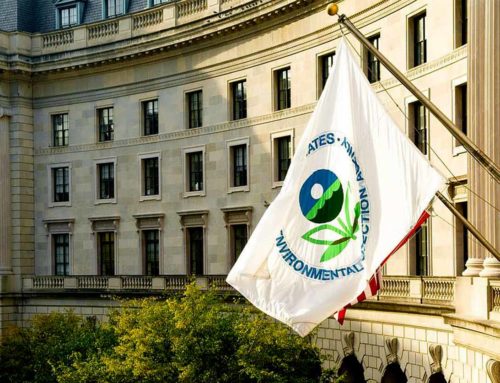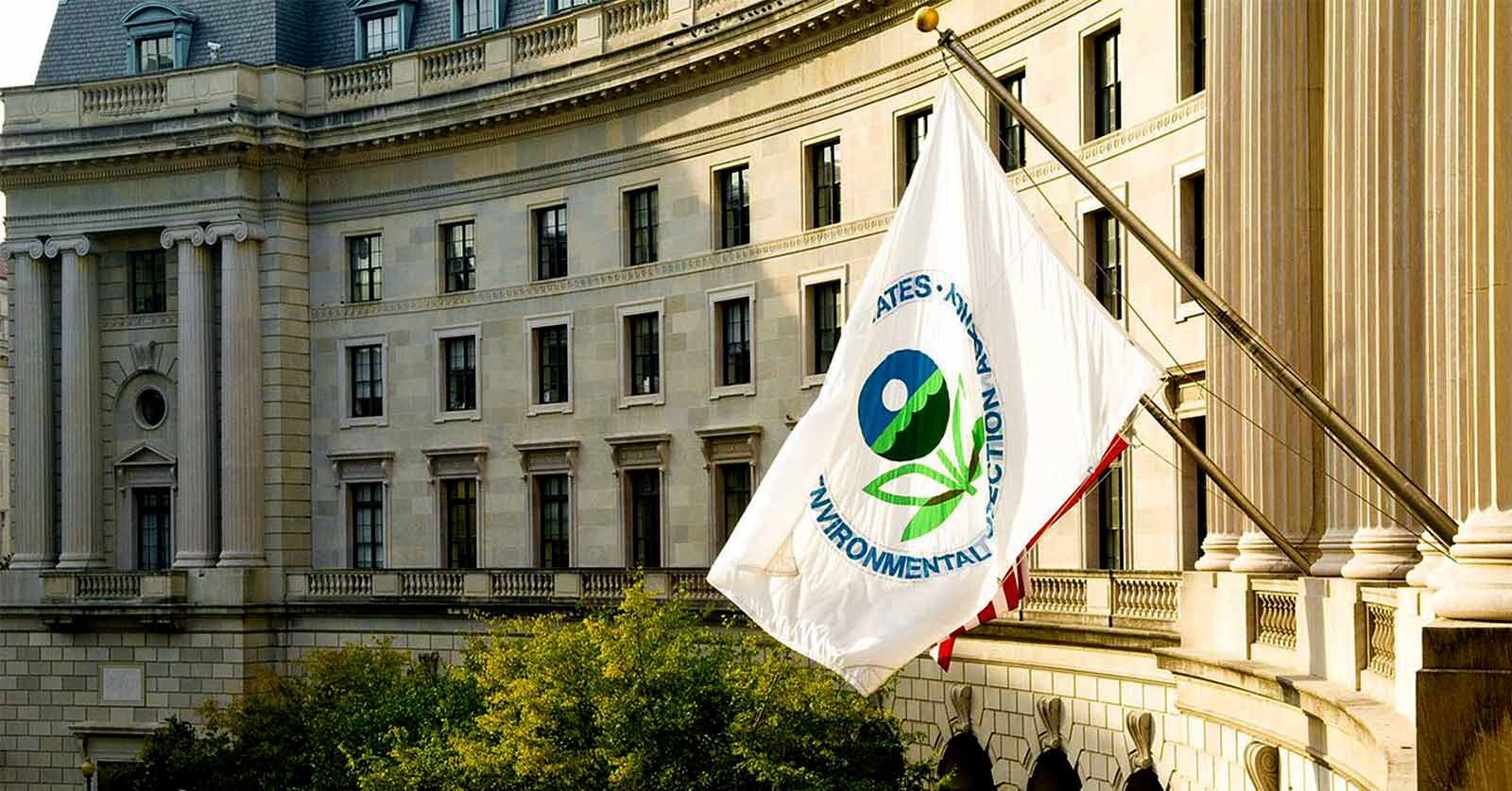This week, the Department of the Interior’s (DOI’s) Royalty Policy Committee (RPC) met in Albuquerque, New Mexico for its third meeting of the full committee. From start to end, the meeting raised serious concerns for taxpayers because of the federal resource policies put forward during the proceedings, and how the RPC came to support them.
Chairman of the RPC Vincent DeVito opened the meeting by lauding committee members and DOI staff for their dedication to transparency in all of the committee’s activities. But the actions of the RPC tell a different story. The subgroups hold closed-door meetings, the identities of presenters and other Committee guests are kept private, notes on proceedings that are made public lack any detail, and the process of becoming part of the Committee remains opaque.
During the meeting, two of the three RPC subcommittees – Tribal Affairs (Tribal Energy), and Planning, Analysis, & Competitiveness – suggested making 10 recommendations to DOI. All were eventually passed unanimously by the RPC. When some were discussed before passing, it was clear many RPC members lacked familiarity with the subject matter and recommendations they were assessing.
A central topic of discussion throughout the meeting was the scope of the RPC as laid out in its charter, especially in the context of recommendations that pertained to the National Environmental Policy Act, or NEPA. The Planning, Analysis and Competitiveness Subcommittee’s presentation, led by Kathleen Sgamma of the Western Energy Alliance, recommended shortening the time it takes to conduct environmental reviews under NEPA by applying ‘categorical exclusions’ to NEPA more liberally.
These exclusions would exempt oil and gas companies applying for drilling permits from NEPA requirements to assess the environmental effects of development. Monte Mills of the University of Montana, along with other members of the committee, called into question whether environmental reviews fall within the scope of the committee’s duties stated in the charter, given that environmental reviews do not directly relate to royalty policies. Debate on the subject was tabled for later discussion, and the recommendations in question were passed.
Throughout the meeting, the RPC working groups provided updates on the status of their recommendations since the last RPC meeting in Houston, Texas. The Alaska Working Group had put forward a recommendation during the Houston meeting asking that DOI move as swiftly as possible to make Arctic National Wildlife Reserve (ANWR) lands available to oil and gas development. Members of the Working Group were pleased to note that the agency has already completed the requested public meetings for the NEPA scoping process. TCS has written extensively on ANWR and the unrealistic returns lawmakers and the committee claim will come from oil and gas lease sales in the reserve.
The Planning, Analysis and Competitiveness Subcommittee’s recommendations calls for the Bureau of Land Management (BLM) to rewrite three Onshore Orders: one for site security, and one each for oil and gas measurement. Specifically, the recommendation directs the BLM to rewrite the technical regulations to more closely follow standards set by industry associations. These regulations affect things like which storage component valves need seals to indicate tampering, how relative density of oil is determined using a glass thermohydrometer, and minimum orifice plate construction specifications.
The subcommittee recommendation raises flags because the Onshore Orders were just revised in 2016 after a years-long process that began with….a 2007 RPC recommendation. The initial language of the recommendation called for replacing DOI standards with those of industry, but pushback during the meeting softened the language to simply asking DOI to take industry standard into consideration. TCS discusses this recommendation and others in more detail, in its comment submission to the RPC.
The next meeting of the RPC will take place in Denver, Colorado on September 12-13. TCS will continue to cover the activities of the RPC closely.















Get Social